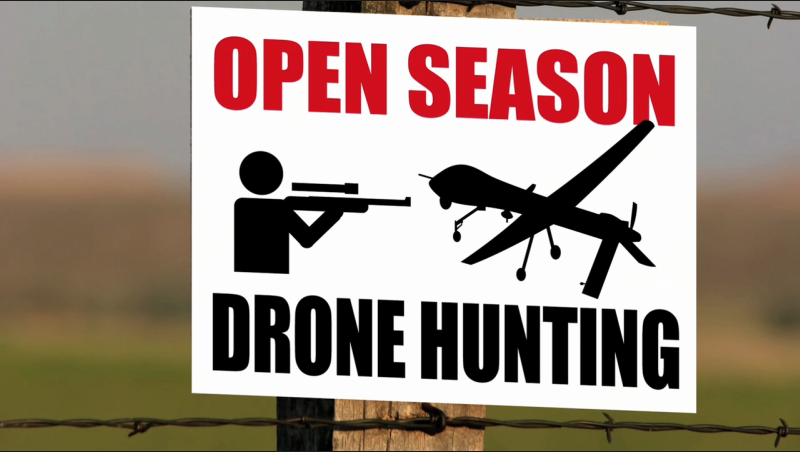Welcome to drone school. Please don't fly any drones.
Capitalizing on an anticipated boom in the unmanned-aircraft industry, several U.S. universities and colleges are launching training programs for future drone pilots. The problem: the Federal Aviation Administration says its rules barring commercial use of drones apply to teaching programs as well, effectively prohibiting students from hands-on instruction. So the schools are teaching tomorrow's drone pilots with simulators, textbooks and more novel workarounds.
"I take them all the way up to the point where the motor's ready, and then I tell them to abort," said Don Wirthlin, head of the drone-training program at Cochise College in Douglas, Ariz. "We're not going to do anything illegal."
One of Mr. Wirthlin's latest strategies in avoiding the no-fly rule is to string a drone from a boom truck to teach students how to use its camera and sensors. He also puts students through tricky drone-simulator scenarios, such as locating missing people in an offshore oil-rig fire, pursuing a car that flees an accident and spotting cattle that have escaped from a ranch.
Some drone-instruction programs are small and grant technical certificates or associate degrees, like the one at Cochise, a community college, which charges an in-state tuition of about $24,500, not including housing. It has 15 students enrolled in the program.
Others are intensive four-year programs where students train on expensive flight simulators and even manned aircraft. Embry-Riddle Aeronautical University, in Daytona Beach, Fla., augments simulator training by having students fly drones indoors, or tethered to the ground with heavy-duty fishing line. The four-year program totals about $175,000, including flight time and room and board.
The school has more than 220 students in its "unmanned systems sciences" bachelor's degree program, up from 11 in 2011.
Embry-Riddle students also study math and robotics and take courses on how to fly drones and manned aircraft. And about half of the students receive a commercial-pilot certificate, which requires flying a single-engine plane for hundreds of hours.
So far, drone-pilot jobs are mainly at military contractors overseas or government agencies in the U.S., and are generally filled by former military pilots. But the industry expects demand for thousands of new drone pilots in areas like surveying and agriculture once the FAA finalizes new rules for the devices, which is expected in the next several years. (emphasis mine)Read the rest of the story HERE.
So far, drone-pilot jobs are mainly at military contractors overseas or government agencies in the U.S., and are generally filled by former military pilots....GOOD ..KEEP IT THAT WAY!
Here is a link to a related Story:
1 arrested after drone carrying cellphones, other contraband crashes at South Carolina prison
If you like what you see, please "Like" us on Facebook either here or here. Please follow us on Twitter here.




No comments:
Post a Comment